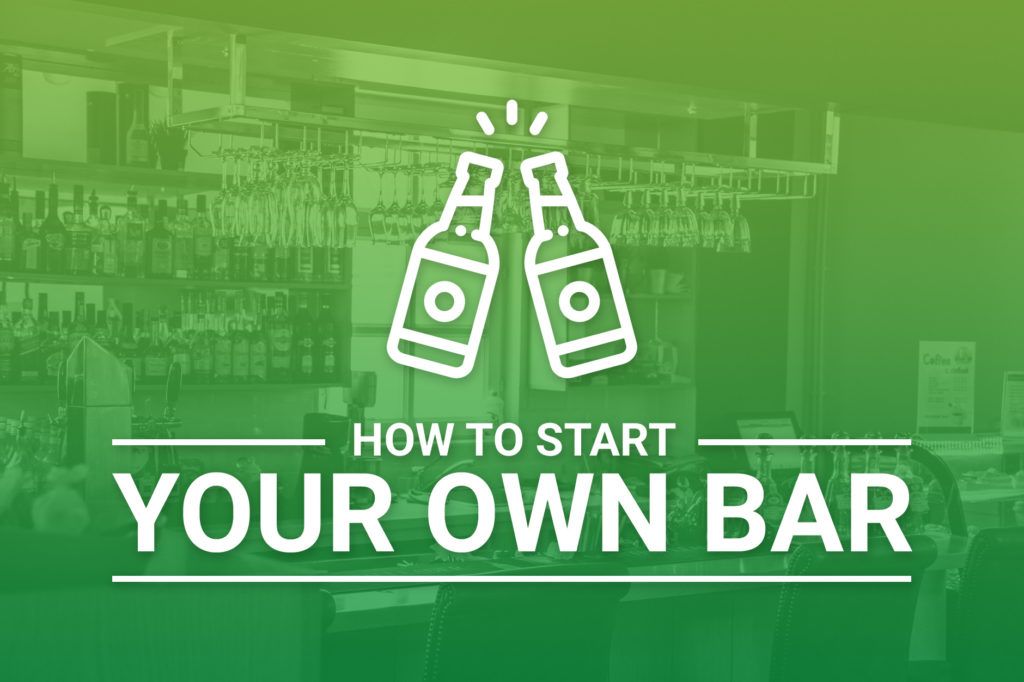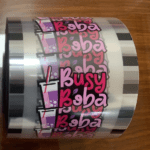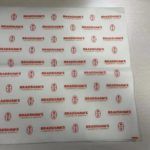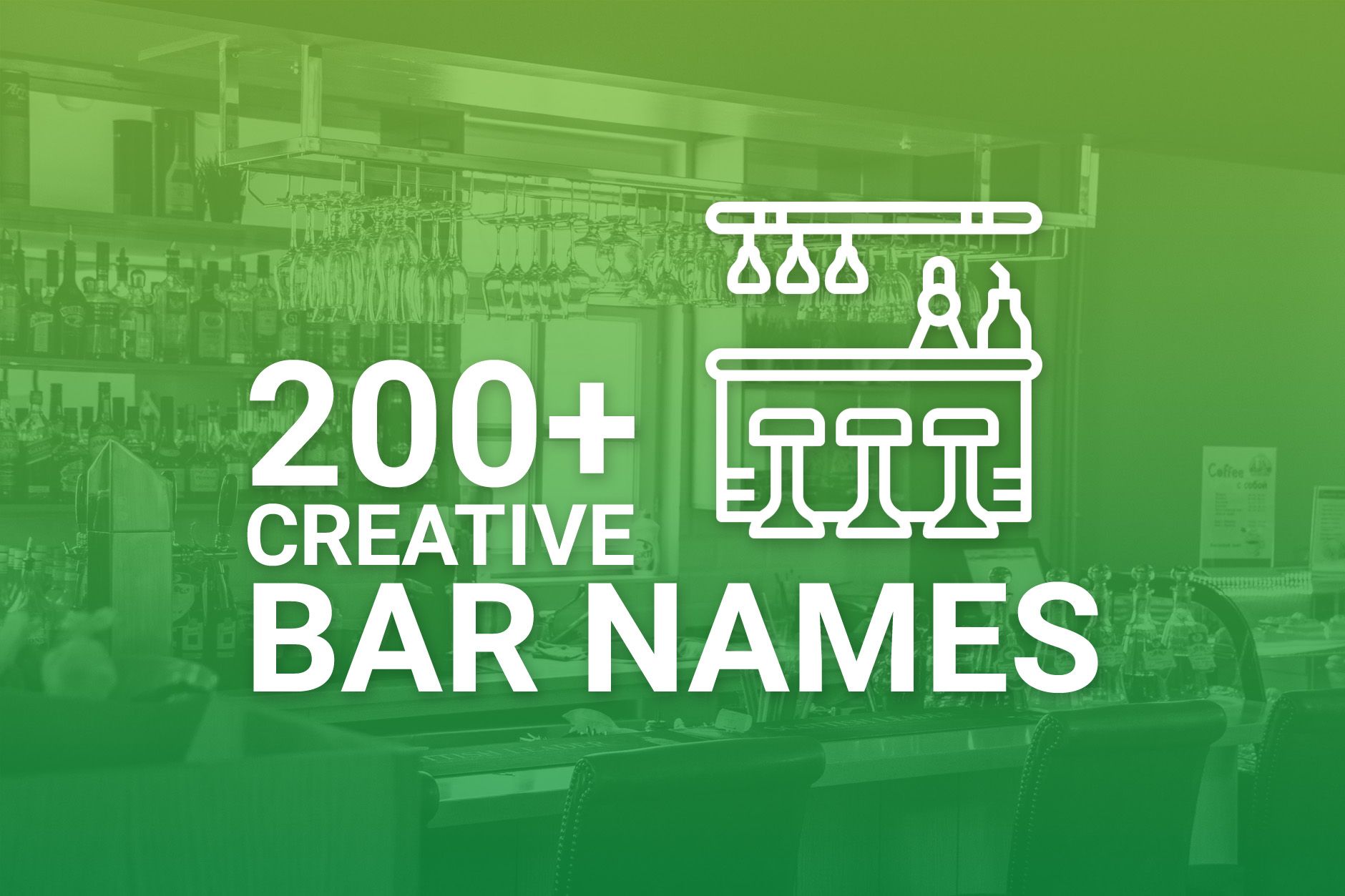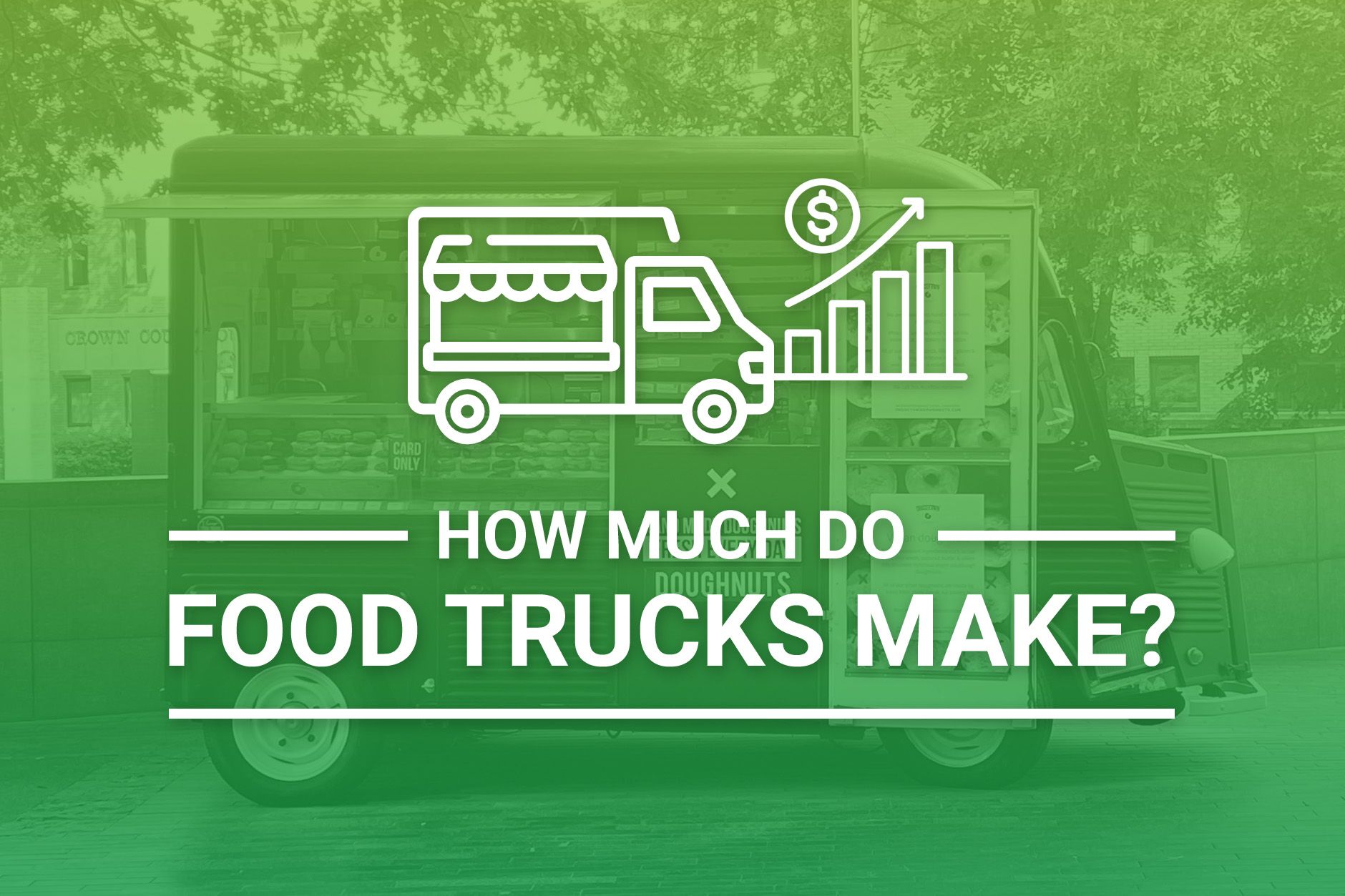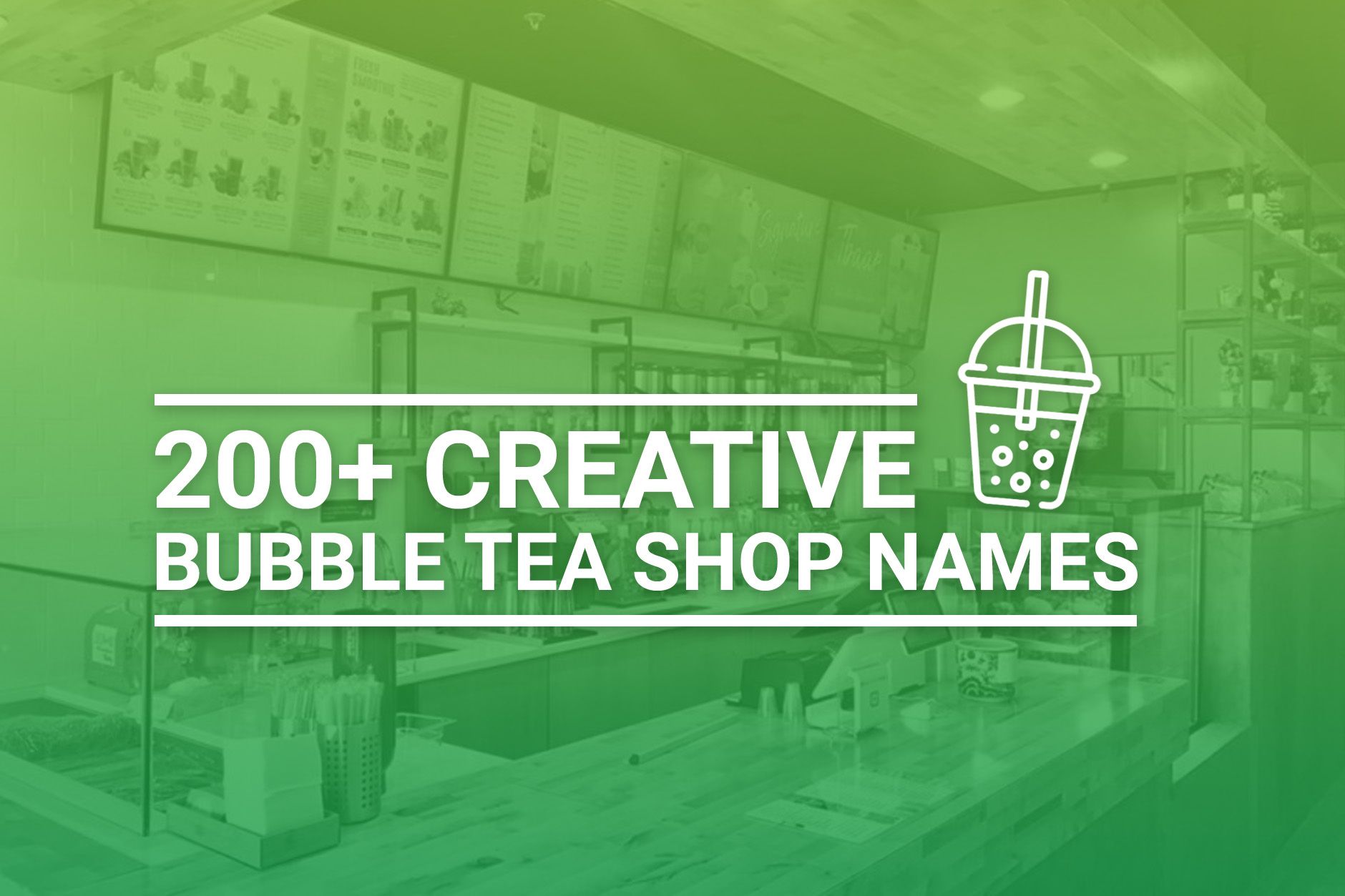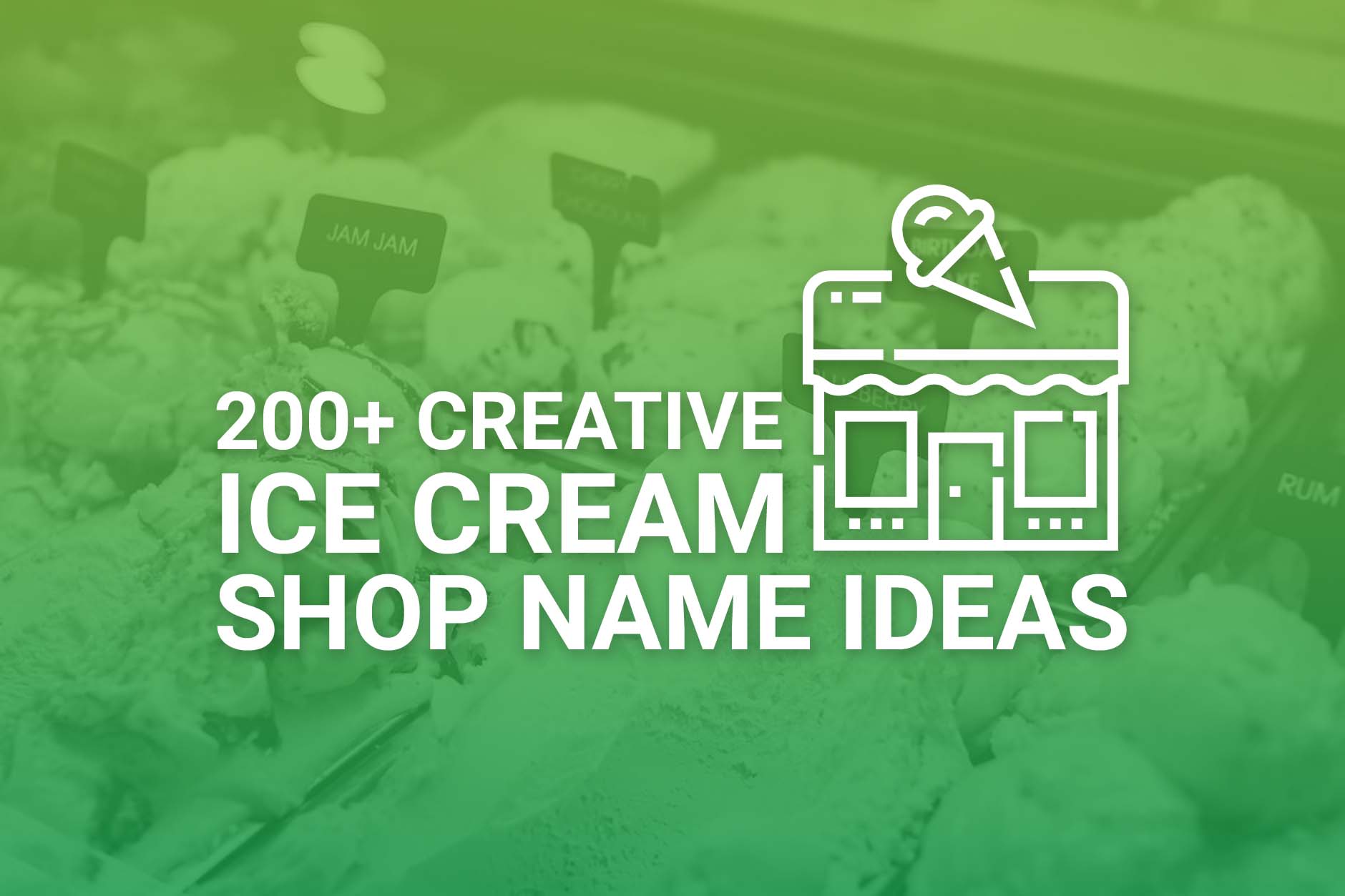Have you ever dreamed of opening your own bar? Bars can be a great investment, with steep profit margins on alcoholic beverages and the potential to grow and expand over time. Of course, there is a lot that goes into running a successful bar – including attracting enough people to keep it busy.If you want to own your own bar, you may not know exactly where to get started. The beginning steps of starting any business – including a bar – mostly involve a lot of planning and paperwork, like writing a business plan, securing licenses and permits, and getting funding. From there, you spend a lot of time bringing the details of your plan to life by buying supplies and equipment, setting up a perfect layout, and developing a marketing plan.
Budget Branders understands how challenging it can be to start your own business. Our goal is to make one aspect of the process as easy as possible: getting the highest quality custom-printed disposable products for your bar or restaurant. If you want to increase your marketing efforts for little additional cost or effort, reach out today for a quote.
Choose a Concept and Name
The first step in the process of opening your bar is a fun one: figuring out a concept and a name. In fact, you may already have an idea of what you want your bar to be about in terms of concept and branding.Your bar’s concept is basically the kind of business you want to operate. For example, you might want to open up a classic sports bar, complete with tons of flat screen TVs and sports-themed décor. Alternatively, you might want to run a classic neighborhood bar (or even a dive bar!) where locals can come to unwind after work. Most people have a good idea of their bar’s concept when they make the decision to open their own bar.
Branding is a bit more defined; it includes the identity and the mission of the business. Branding should be consistent, from your décor to service style to marketing materials. You should also make sure that your brand is targeted to your area. For example, if you want to open a bar in a largely working class area, then a neighborhood type bar might be a better choice than a martini lounge.
At the same time that you are working on a brand and concept, you should choose a name. Picking a name can be as simple as using some version of your own name or something a bit more creative. Whatever you choose, you should make sure that it is unique, that it fits with your brand, and that it isn’t overly complicated.
Incorporate Your Bar
Once you have chosen a name and concept, you will need to go through the formalities of creating a legal entity for your bar. While it is possible to own your bar as an individual, it is generally not a good idea for tax and legal reasons. After all, if someone slips and falls at your bar, you don’t want to be personally liable for their injuries.There are many different options for incorporating, from a partnership or joint venture to a limited liability company to a corporation. An attorney can help you understand the legal and tax implications of each choice, and advise you of the best corporate form for your business. Once you have chosen a corporate form, you will need to file the necessary paperwork with your state’s secretary of state’s office.
Write a Business Plan for Your Bar and Secure Funding
Now that you have a good idea of what you want your bar to be, it is time to put in some work. A business plan is a way to figure out exactly what you will need to do to make your dream a reality. It is also necessary for seeking funding from investors or a bank.A bar business plan should include the following:
- An executive summary
- An overview and description of the company and concept
- A sample drink menu, including food if applicable
- The proposed design of the bar
- The anticipated location
- An overview of the market
- Target market
- Management team
- Business structure
- Consultants/experts who will work with you
- A marketing plan
- Financial projections (how much it will cost to open the bar, potential profits, etc)
Writing a business plan will give you a better idea of what exactly you need to start your bar, and can help you work through any uncertainties in your plan. It is also critical to securing funding. Once you have completed your financial projections, you will know exactly how much money you will need. You can then seek out investors and/or apply for business loans.
Secure the Perfect Location
A huge part of the success of any bar rests on its location. To choose the perfect location, you will need to analyze your target demographic, any nearby competition, and issues like visibility and access. Unless you plan to open a bar in a very walkable community, having parking is always a plus.Once you have analyzed these factors, you can find the best place to buy or lease a property for your bar. The exact spot will be based on your bar’s concept and who you are trying to attract. If you are opening a 1920’s style speakeasy, then you might be able to find a basement location that adds to the vibe. However, if you want to open up a sports bar that will hopefully host scores of sports fans on game day, it may make more sense to find a location with lots of space and plenty of parking.
Obtain Necessary Permits and Licenses
When you are opening up any business, you will need certain permits and licenses. For example, you will need a federal employer identification number (EIN) from the Internal Revenue Service so that you can obtain permits and licenses and hire staff. The sale of alcohol is heavily regulated by both the state and federal government. As such, you will likely need a liquor license from the state. You will also likely need to register with the Alcohol and Tobacco Tax and Trade Bureau (TTB). If you plan on serving food, then you will likely need at least one food handlers’ license.
Your locality may have other requirements for permitting, such as a certificate of occupancy, a health inspection, or even a permit to put up a sign. You should consult with your lawyer about which permits and licenses you will need to comply with local, state, and federal laws.
Buy Equipment and Supplies
In your business plan, you should have accounted for startup costs such as rent, utilities, equipment and supplies. Once you have secured a location for your bar, it is time to start making these purchases. Depending on what is currently in your space and the type of bar you plan to open, you will likely need to buy some basic equipment:
- Bottle coolers
- Ice machines
- Ice bins
- A glass washer and/or commercial grade dishwasher
- Beer dispensers
- Soda dispensers
You may also need a bar itself if your location was not previously used as a bar. In addition, you may need tables, chairs, bar stools, and/or booths for seating. Depending on the type of bar you plan to open, you may also add other elements like décor, pool tables, a jukebox, and/or arcade games.
In addition to equipment and furniture, you will need basic supplies. Bar essentials include:
- Liquor
- Beer and wine
- Mixers, including juice and soda
- Cocktail mixes
- Napkins
- Straws
- Coasters
- Garnishes
- Glassware
- Customized plastic cups
You will also need to purchase or lease a point of sale (PoS) system and other basic technology, such as a phone system and security system. To avoid the risk of serving underage customers, you may want (or be required to) purchase an ID scanner.
Hire Staff
Having great drinks and a cool atmosphere is important to running a successful bar, but you will also need to have good service. After all, it won’t matter if you offer the biggest selection of craft beer in town if your customers can’t get a bartender to serve them or if the bartender doesn’t know how to properly pull a pint.Depending on the type of bar you are running, you may need more or less staffing. For example, if you are opening a larger nightclub or a bar that will attract rowdy college students you will need to hire security. Having bouncers probably isn’t necessary for a wine bar or a neighborhood dive.
Generally, you may need to hire:
- A bar manager
- Several bartenders
- Barbacks
- Servers, if you have food or offer table service
- A host or hostess
- Security
Keep in mind that bars often have relatively high turnover rates. Creating a positive work culture where your employees are well-trained and feel supported can reduce turnover. A training program should be comprehensive, and include not only tips on providing good service, but also information on spotting visibly intoxicated persons and how to check IDs properly.
Advertise Your Bar
Before you can open, you will need to put your marketing plan into action. A modern marketing plan should include both digital and traditional elements, such as:
- Creating a website
- Setting up social media accounts
- Claiming your Google My Business Profile
- Setting up online review site accounts
- Placing ads in your local newspaper or on the radio
- Use your physical space to advertise through signs
- Collecting email addresses for a mailing list
Part of your marketing plan should also include a soft opening, which is essentially a practice run. You can invite friends, family, investors, and others who have supported you throughout the process. It is a great way to thank your supporters – and to work out any kinks in your menu or service before your official opening.
How Budget Branders Can Help
Opening a bar can be incredibly stressful. With so much to worry about, it can be difficult to focus on things that may seem less important – like getting custom printed disposable products. Yet it is often these little things that can make a huge difference in the overall profitability of your business.At Budget Branders, our goal is to make it as easy as possible for you to obtain branded disposable products (like cups, takeout bags, and more) for your bar. Once you have developed your brand, we can put your name and logo on high quality disposables for you. Using branded disposables is a great way to increase your marketing efforts for little additional cost.
To learn more or request a quote, reach out today by filling out our online contact form or hitting the live chat button on the bottom right of your screen.
The information disclosed above does not constitute legal or financial advice. Use this information at your own discretion.
